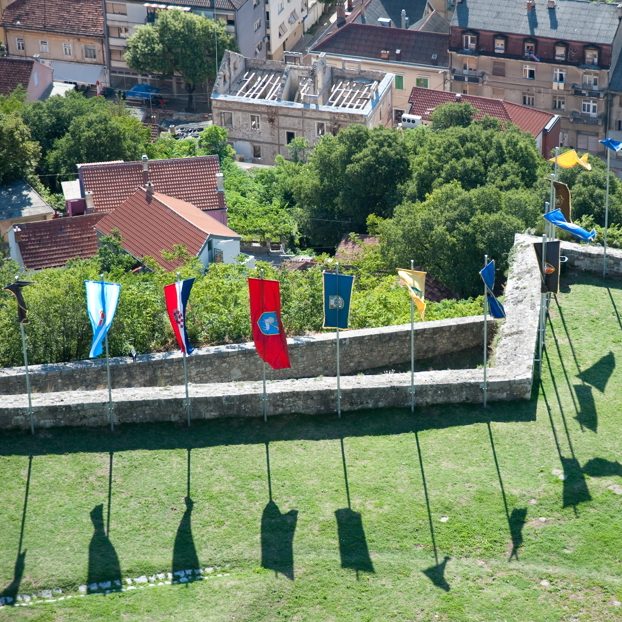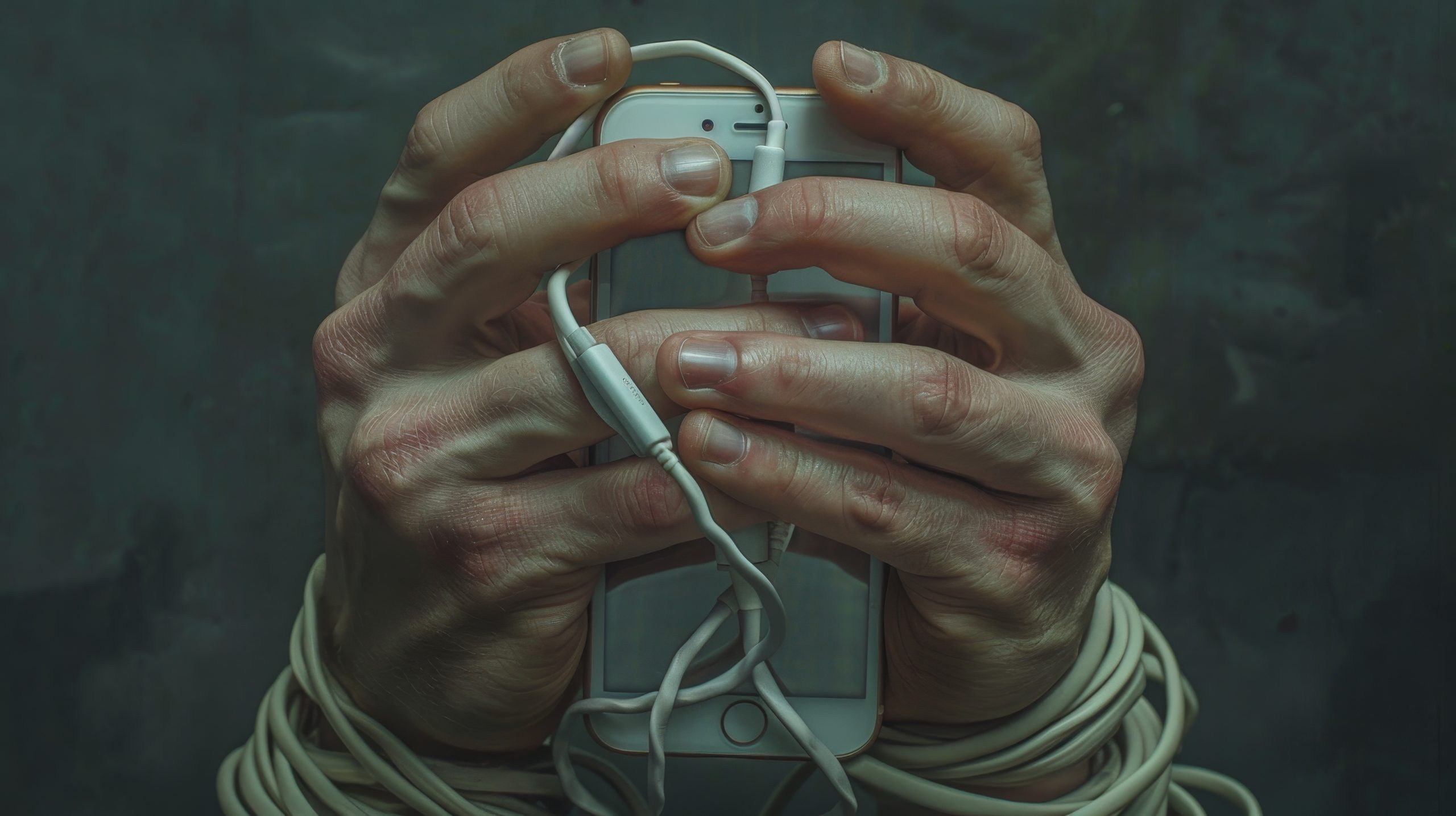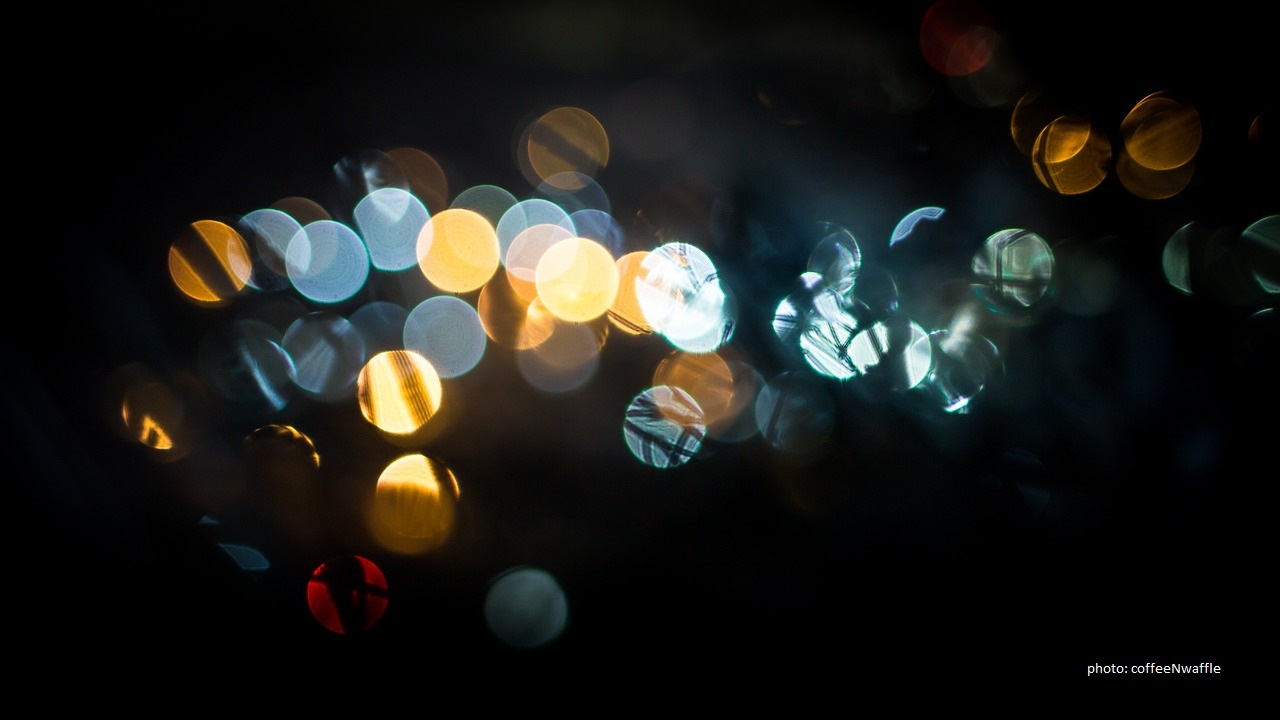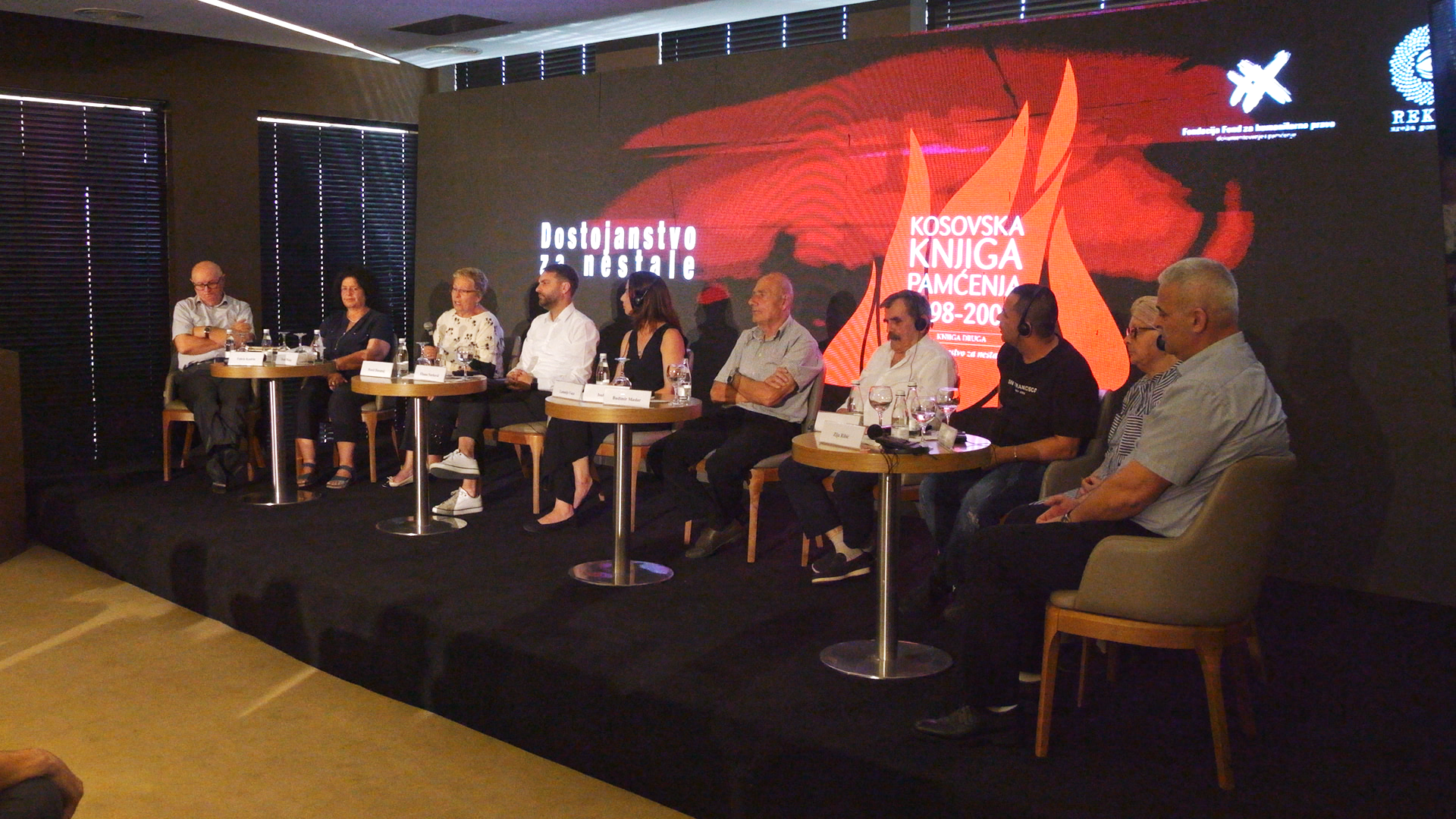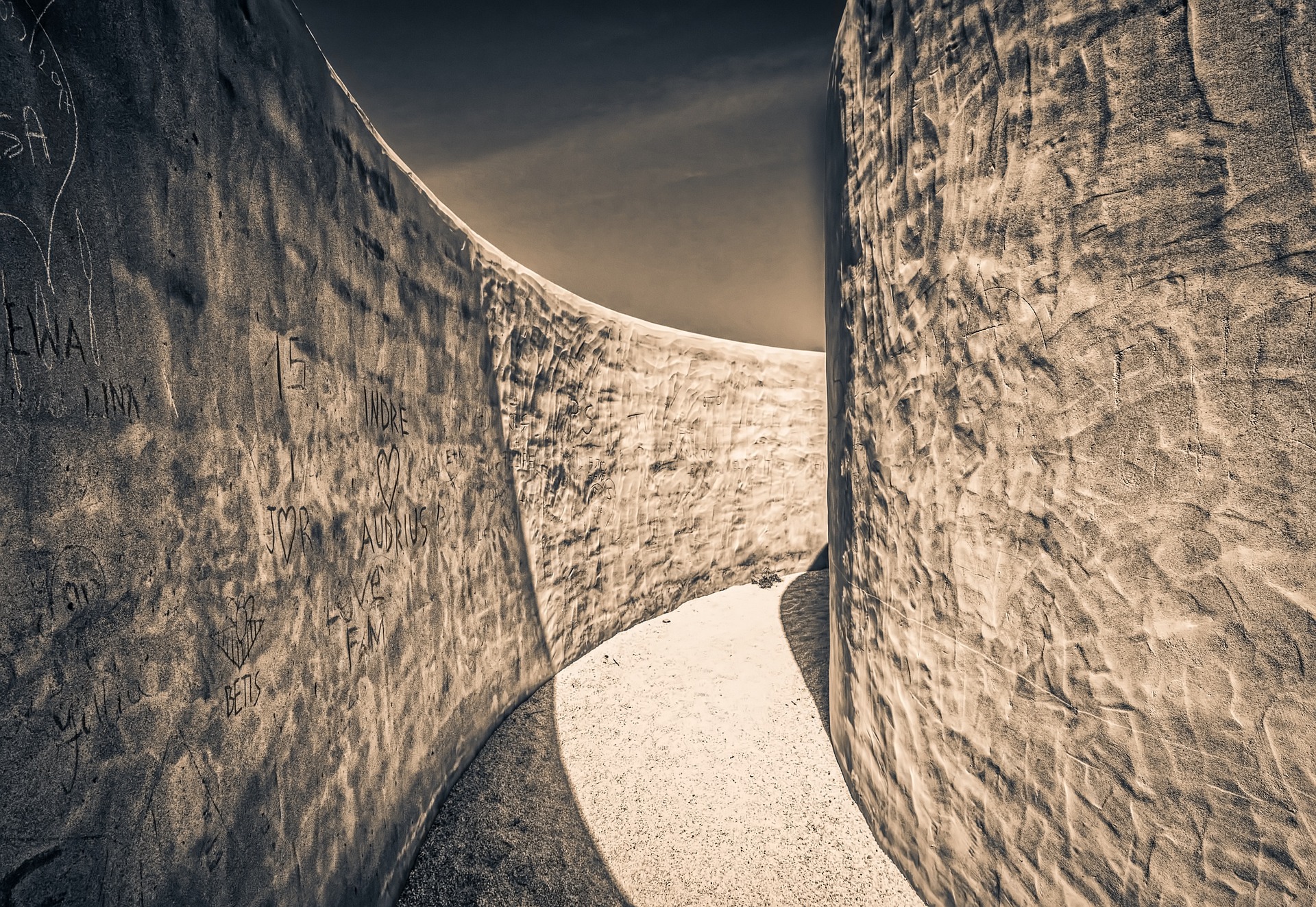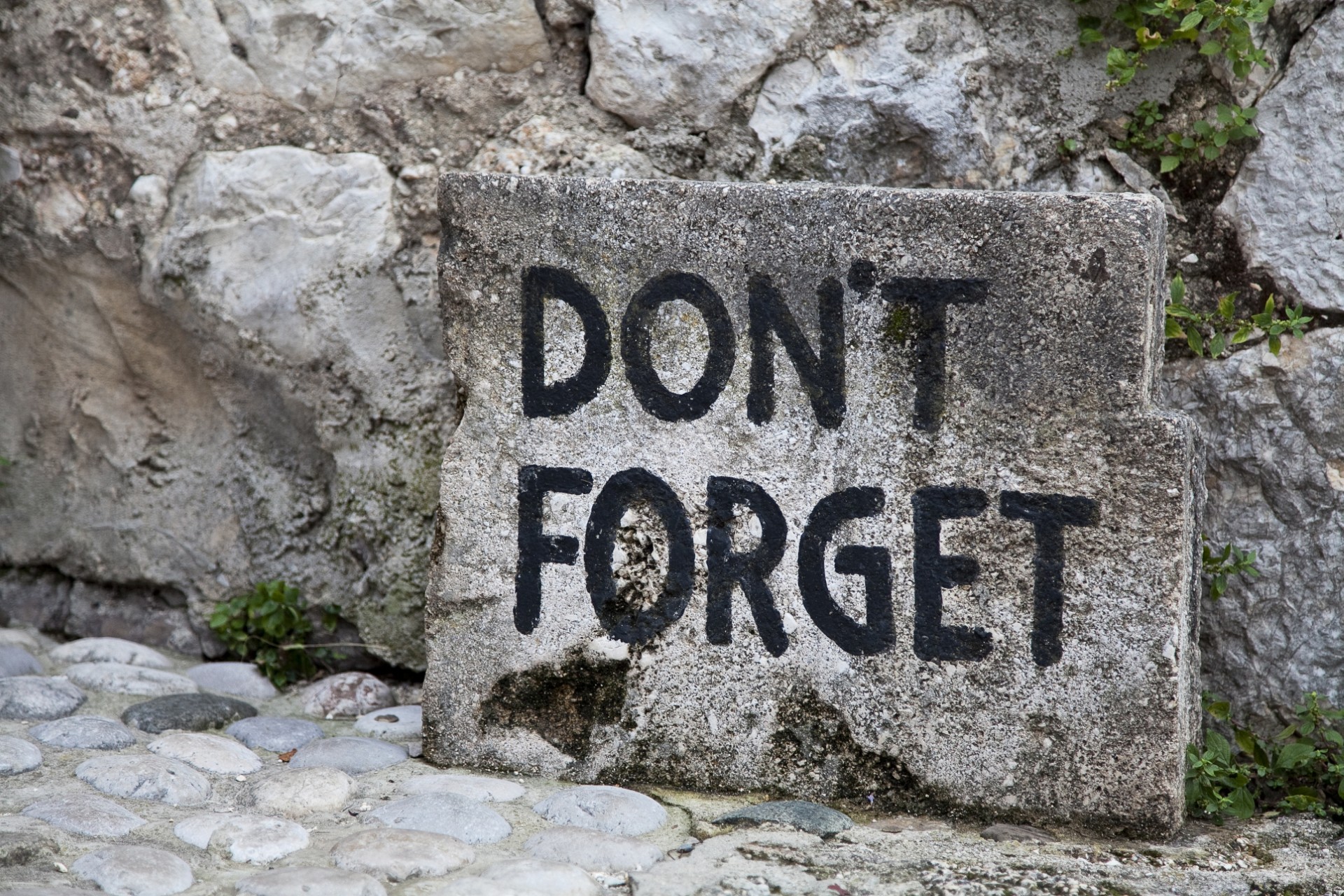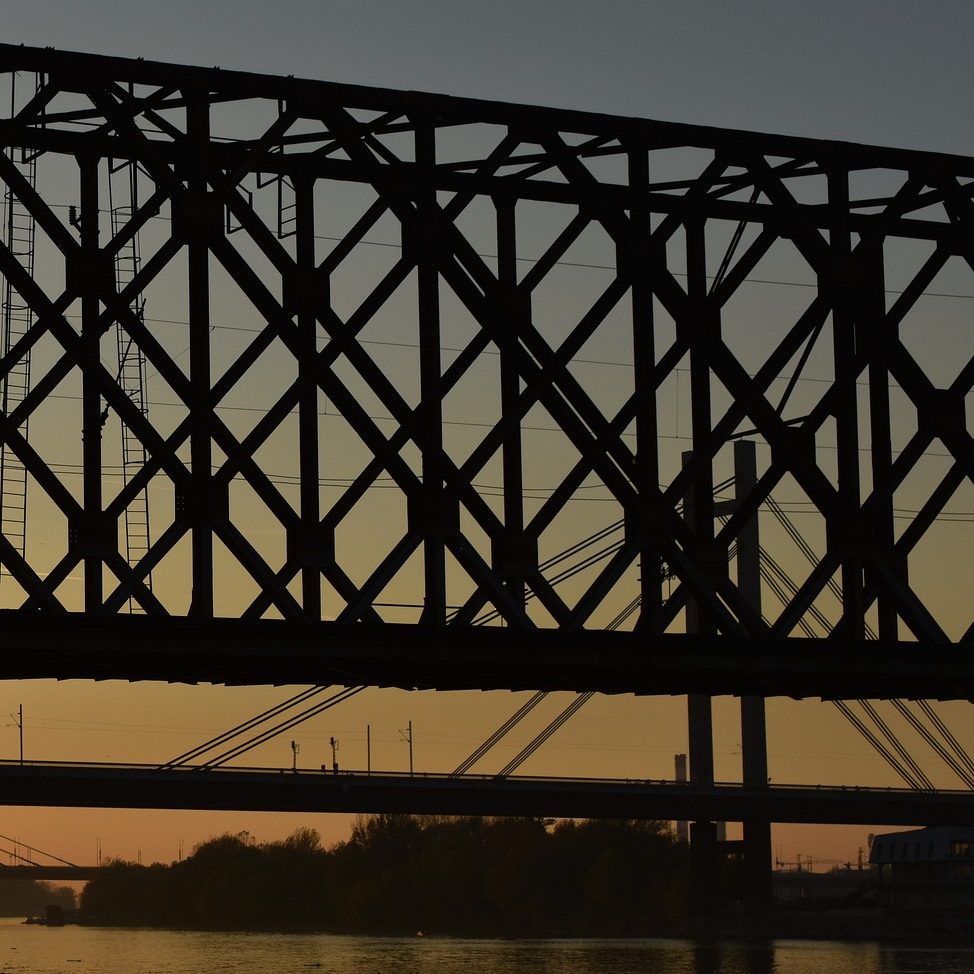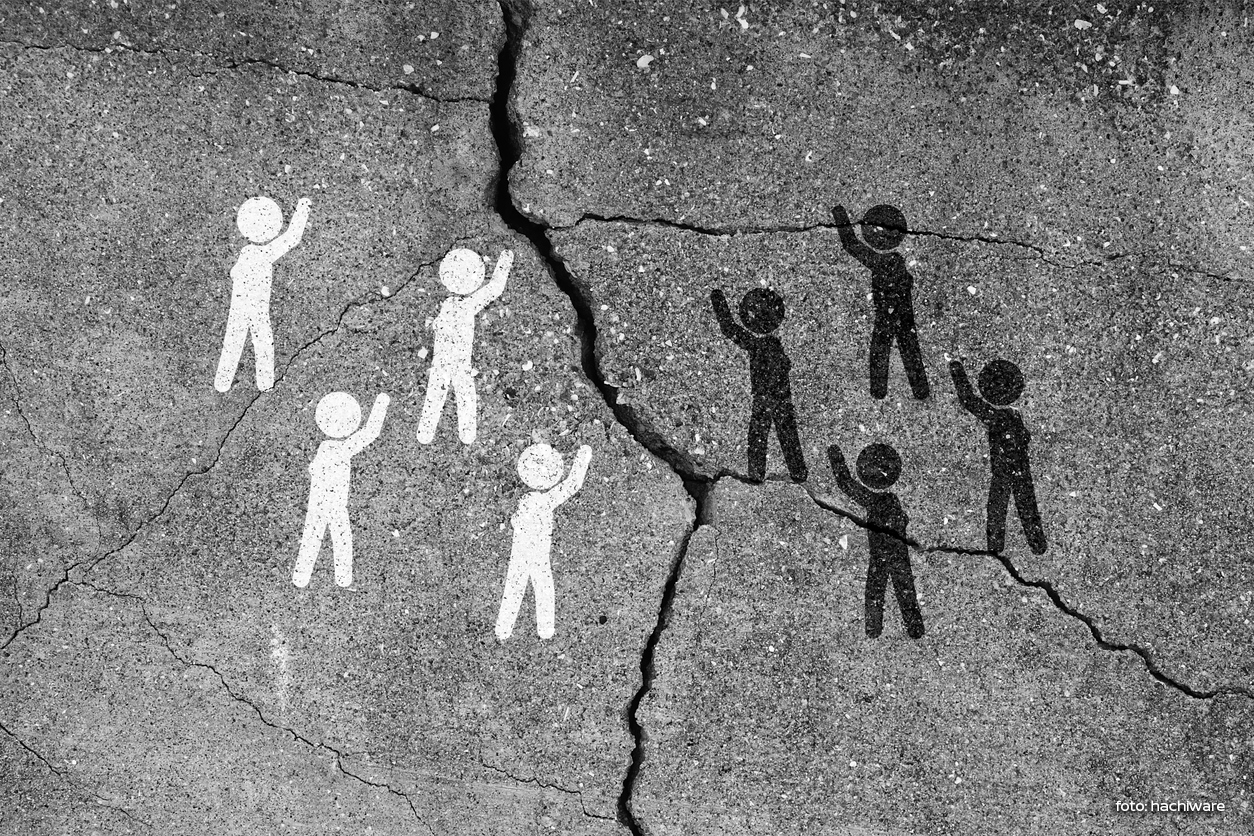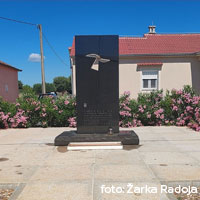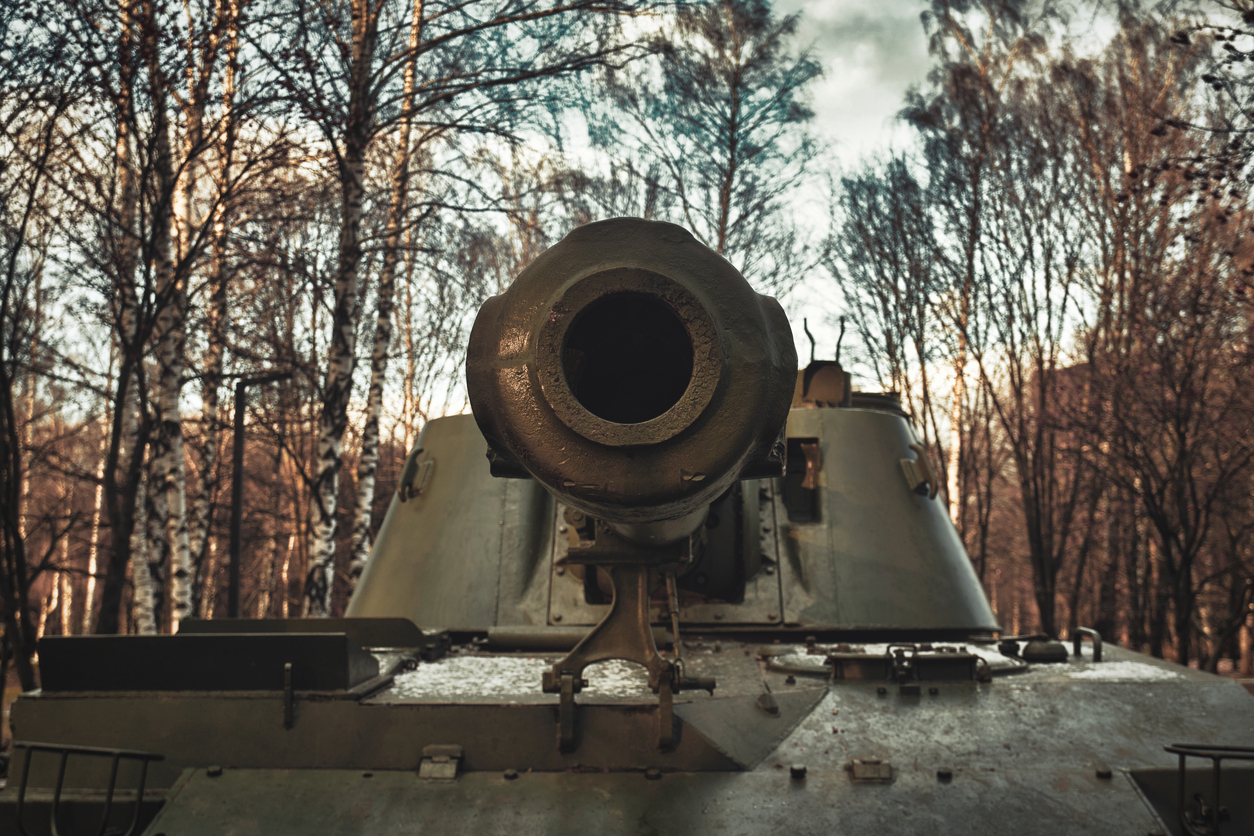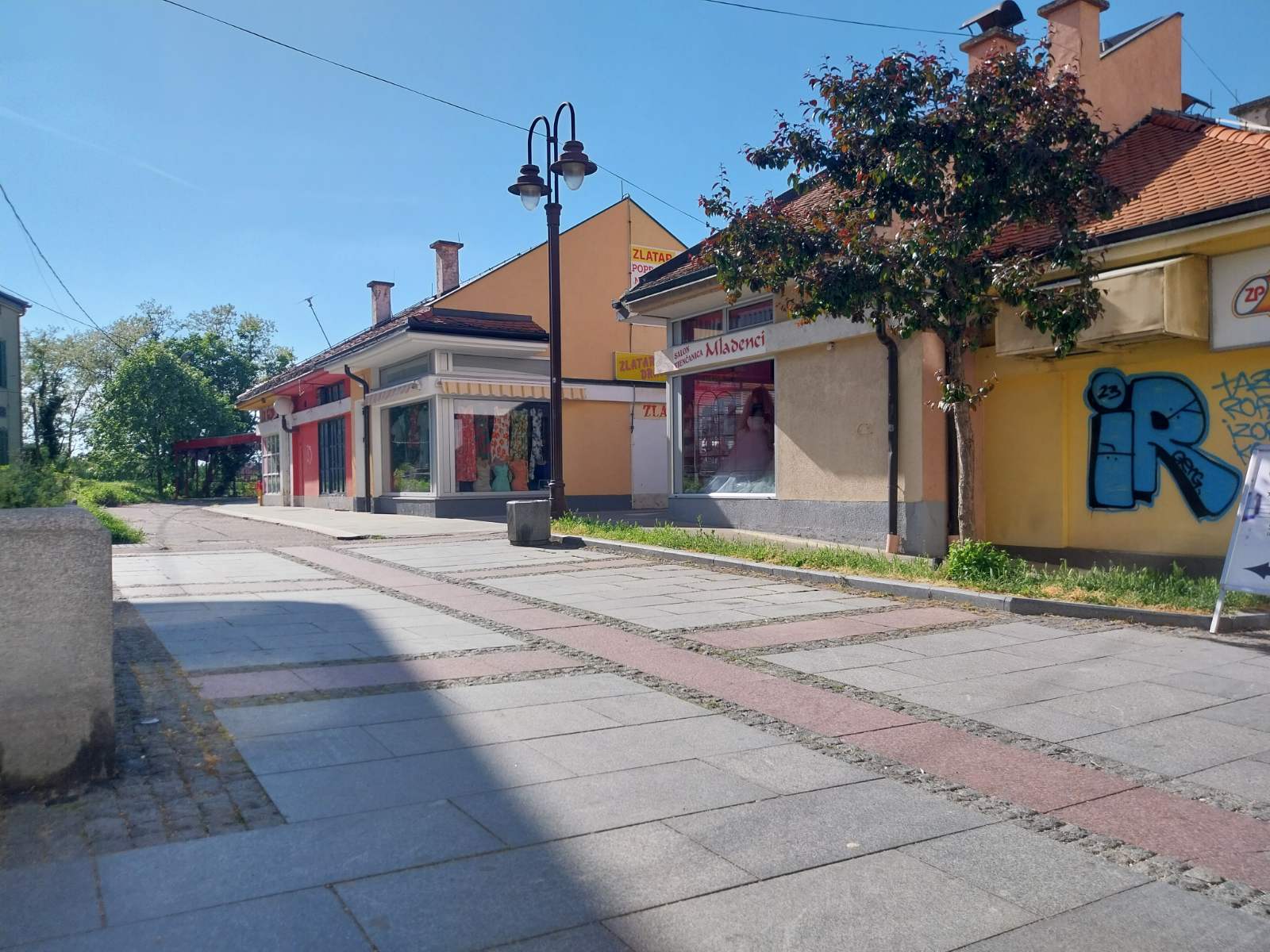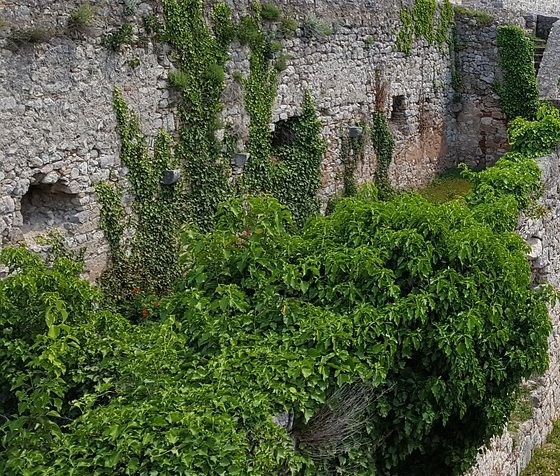By: Sven Milekić
While the 2021 marking of 1991 wartime events repeated numerous facets of contemporary Croatian nationalism, government officials kept away from demonising Croatian Serbs as the ethnic Other.
In 2021, the Croatian government led by the centre-right Croatian Democratic Union (HDZ) placed much effort into commemorating 30 years since the beginning of the war in 1991.[i] The year itself bares special importance as the year the war started and when Serbian forces attacked Croatian cities and committed atrocities against Croats. At the same time, many citizens volunteered to join the newly formed and unequipped army and defend the country in the making. Thus, through time, in popular culture, media and among veterans, “Where were you in 1991?” became the quintessential question of testing someone’s patriotism.
The 30th anniversary came in the specific context as HDZ was in power in a coalition with national minority MPs, including the Independent Democratic Serb Party (SDSS), which isolated the party from its right-wing voters. The 25th anniversary of the military operation Storm in 2020 strengthened this sentiment towards HDZ when Prime Minister Andrej Plenković made a gesture of sympathy for Serb civilians killed during and after the offensive, emphasising that the victor must know how to forgive for reconciliation to thrive.[ii] As a moderate politician whose majority in the parliament depended on the support of Serb minority representatives, Plenković wanted to merge the Croatian celebratory culture of victory with reconciliatory concessions to strengthen his position. In positioning HDZ more towards the centre, Plenković tried to distance the party from ethnonationalist groups that openly promote features of chauvinism and political extremism.
2021 anniversaries – the things that remained the same
The ceremonial 2021 started with the highest government officials marking events from March 1991, when Croatian police liberated a precinct taken hostage by Serb rebels in Pakrac. Although the first armed clash ended without casualties, many Croatian historians present this event as the beginning of the war in Croatia. Later the same month, Plenković and other officials commemorated the death of Josip Jović, a member of Croatian special police forces widely seen as the first killed Croatian defender.[iii] The fall of Vukovar, an official and non-working holiday since 2020, was the last commemoration at the highest level, representing the climax of the celebratory year and encapsulating the popular memory of the Croatian wartime victimhood. Vukovar, popularly dubbed the “Hero City”, is one of the central places in Croatia’s memory politics, symbolising Croat(ian) victimhood.
The commemorations of the 1991 events in 2021 showed continuities and discontinuities with the overall politics of war memory. The overall tone of political speeches reflected the pattern in which Croatian authorities have commemorated wartime events since the 1990s, centred on the culture of victory. Furthermore, the commemorative discourses corresponded to the dominant narrative built by President Franjo Tuđman in the 1990s. The narrative centres on the greater-Serbian aggression and the bravery and sacrifice of Croatian defenders in defending the homeland, bringing freedom and statehood after the Croats’ thousand-years-long dream of an independent state. In this way, the HDZ remained loyal to its cherished principles since 2000. These principles focus on Tuđman, statehood as the climax of thousand years of struggle, and the client-patron relationship with veterans, where they receive symbolic praise and material benefits in exchange for political support and loyalty.
The protocols in 2021 ignored events that go against the dominant war narration of Croat(ian) heroism and victimhood. Thus, government officials did not commemorate war crimes committed in 1991 by Croatian forces against Serb civilians in Zagreb, Sisak, Osijek, Pakračka Poljana, and Vukovar. While such concessions were possible in commemorations of Operation Storm, 1991 is reserved solely for Croat(ian) victimhood in official memory politics. Mentions of organised war crimes against Serb civilians would disturb the notion of non-negotiable for Croatian nationalists: that only Croats were victims of planned war crimes. The one-dimensional view of events from 1991 is a simplistic story, according to which Serbs committed crimes first, leading to isolated and non-planned crimes by Croatian forces, viewed as an act of excessive revenge. Even in the case of the previously mentioned commemoration of Jović as the first fallen defender, state officials did not want to potentially confront the dominant war interpretation by commemorating the death of Croatian policeman Goran Alavanja, an ethnic Serb killed on duty by Serb rebels in November 1990.
Negotiating the dominant narrative
However, some aspects of the 2021 anniversaries contrasted with previous years. One of these features was mentioning peace-making, peacekeeping and pacifism. Speaking in Pakrac, Plenković singled out local peace-making efforts and individuals promoting peaceful coexistence between Croats and Serbs before being silenced. Commemorating the beginning of the battle for Vukovar in September 2021, Plenković recalled Tuđman’s visit to the town in 1997 and speech calling for peace and reconciliation. Introducing these elements, Plenković aims at building memory politics around the idea that Croatia was the winner of the war that needs to forgive, but not forget, the defeated Croatian Serbs to foster reconciliation and peaceful coexistence. For this purpose, Boris Milošević, Vice-Prime Minister from the SDSS, came to Vukovar in 2021 as “a step to overcome the divisions” between Croats and Serbs, just like in Knin in 2020.
Whether a genuine policy change or a result of political trade-offs with the SDSS, Croatian officials presented Croatian Serbs in a radically different light during the 2021 war commemorations. Officials no longer referred to Serbs as a rebel group collectively responsible for crimes against Croats, but rather Croatian citizens deceived by Serbian propaganda to confront the new-born Croatian state, as Plenković formulated it in Pakrac in 2021. Furthermore, as opposed to previous commemorative speeches and official documents about the war, more recent documents such as the Declaration on the Homeland War and Law on Croatian Defenders from the Homeland War and their Family Members almost omit Serbs and Serb rebels, except in the case of Pakrac. They ascribe the responsibility for war crimes to the JNA, paramilitaries from Serbia and the Yugoslav political leadership led by Slobodan Milošević. For example, in Vukovar, Plenković presented the war as a clash of “Milošević’s totalitarian regime” and the young democratic Croatian state.
In 2021, state officials used different war rhetoric to promote unity within the contemporary Croatian state beyond ethnic boundaries. The idea of unity is not a new take on the Croatian nation from HDZ, and the party always promoted it, albeit within the ethnically outlined Croatian nation, coming from Tuđman’s idea of pan-Croatian reconciliation. In 2021, the HDZ needed unity to stay in power with a thin majority in parliament while in coalition with Serbs. To make the parallel with 1991 even more explicit, the government gathered members of the so-called “government of national unity” from 1991-92, a coalition of almost all parties under HDZ’s leadership, in Vukovar in October 2021. There, former government members said that unity, despite party affiliation, was crucial for their victory in the war, as the unity Croatia needed in 2021.[iv]
Conclusion
On the rhetorical level, it seems that the government opted for a turn in memory politics to try and ground Croatian nationalism into a civic, non-ethnic version. Thus, in remembering events from 1991, government officials reminisced about the path Croatia took to become fully integrated into the EU and NATO while supposedly building a functioning liberal democracy that respects the rights of national minorities.
However, in essence, much has not changed. While officials did not accuse Serbs en masse of war and crimes, such notions reside in popular culture, legal documents, media and academia. This context was not something the government inherited from its predecessors but something it fostered with different groups. While officials turned their aggressive rhetoric towards Serbia, it inevitably has repercussions on Croatian Serbs, whom Croat nationalists perceive as a foreign body in Croatia.[v] Every future verbal clash with Serbia will further the marginalisation of Serbs in Croatia and serve as a pretext for similar behaviour among nationalists in Serbia. Thus, after fighting over territory or interpretations of which side was responsible for the war, Croatia now tries to distance Croatian Serbs from Serbia.
Excluding the mention of crimes committed against Serbs in 1991 and the authentic Serb voice, the government did short to nothing of changing the existing patterns of Croatian ethnonationalism that constructed Serbs as the Other according to notions of the dominant narrative. Thus, the Serb perspective remains hidden and othered, with no public perception of Serb memory work on the micro level, as they remain at the margins of Croatian society. Such rhetorical twists will not change the persistent discrimination and marginalisation of the Serb community that is dying out. Additionally, gestures like softening the rhetoric will not change the living conditions of the Serb community, where many villages have limited or no excess to electricity, running water and other infrastructure before the war. Many Serbs still struggle to return to their pre-war birthplaces or fulfil their rights. Although technically protected by constitutional law, Serbs often face discrimination and disadvantages discouraging many from participating in public life. Croatia must address these issues, while rhetoric change will probably only have a limited impact.
Sven Milekić is a PhD student in History at Maynooth University in Ireland, funded by the Irish Research Council. This article is part of the Memory Activism Fellowship at the Humanitarian Law Center.
[i] The fact that international recognition and state independence were secured during the conflict, aside from human losses and destruction, constructed the war as a central historical event for the contemporary Croatian state and nation building. Dominant memory politics framed Croatia and Croats exclusively as the victors and victims of the war.
[ii] Plenković and the highest state officials also paid their respect to Serb civilians killed by Croatian forces and unknown perpetrators in two villages in August and September 1995. Paying respects to victims in two particular villages reflected the existing interpretation that crimes committed by Croatian forces against Serb civilians were isolated and non-planned incidents, unlike the crimes by Serb rebels and the Yugoslav Army. See: https://www.recom.link/wp-content/uploads/2020/10/Obelezavanje-pobede-i-komemoracija-zrtava-Ouje.pdf
[iii] The official term sude for veterans, including both policemen and soldiers, in legal documents, names of institutions, media, academia and poular culture.
[iv] It is interesting that event that this government that was since 1991 referred as “the government of national unity” was now dubbed as “the government of democratic unity”, thus trying to appeal to the most common denominator.
[v] In 1998, Tuđman assured his officers that the “Serbian question” was resolved and there would no longer be 12 per cent of Serbs that could endanger Croatia. See: https://www.portalnovosti.com/otpis-stanovnistva-olujna-pustinja
